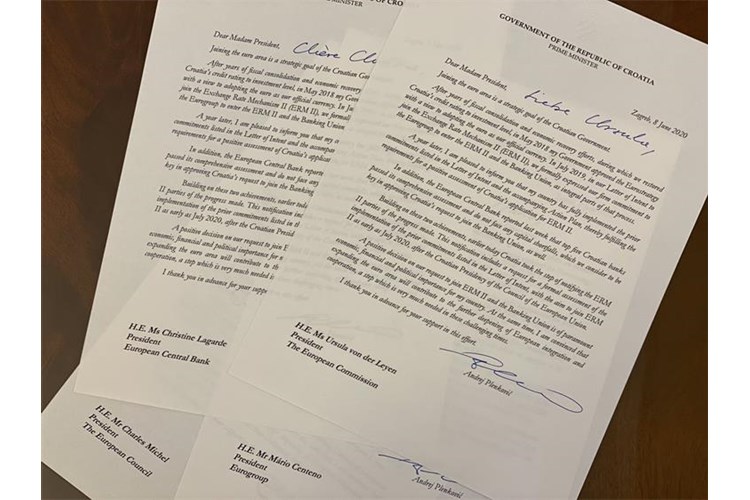


"All benchmarks and obligations have been entirely met in early May, before the set deadline, and an additional confirmation of Croatia's readiness to enter the ERM II and the Banking Union was the report the European Central Bank issued last week saying that top five Croatian banks passed the bank's comprehensive assessment and do not face any capital shortfalls," the government said in the press release.
In early July 2019, Croatia received Eurogroup's official confirmation that its Letter of Intent to enter the EMR II and the Banking Union was accepted, as was its action plan with reform measures.
ERM II was set up on 1 January 1999 as a successor to ERM to ensure that exchange rate fluctuations between the euro and other EU currencies do not disrupt economic stability within the single market, and to help non euro-area countries prepare themselves for participation in the euro area. The convergence criterion on exchange rate stability requires participation in ERM II.
The Banking Union in the European Union is the transfer of responsibility for banking policy from the national to the EU level in several countries of the European Union, initiated in 2012 as a response to the euro area crisis.
The government recalls that so far Croatia has fulfilled in a committed manner all the requirements on its journey to the ERM II and the euro area.
Croatia's efforts have been recognised by leading credit rating agencies -- Fitch and S&P - that maintained Croatia's rating at an investment level in the recent months despite the impact of the coronavirus pandemic and the expected strong economic downturn, the government says.
Plenkovic's letter to the presidents of the European Council, the European Commission and the European Central Bank underscores that "joining the euro area is a strategic goal of the Croatian government."
Text:Hina